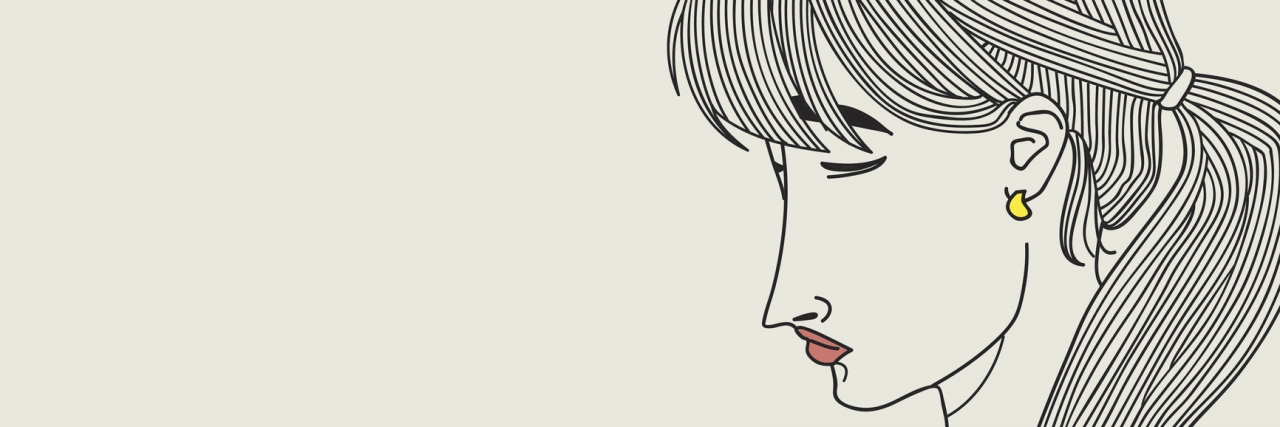Alarm goes off. It’s hard to get up, the effects of my mood-stabilizing medications causing me to feel more drowsy than the average college student – after nine hours of sleep.
• What is Bipolar disorder?
I have plenty of friends who sleep only a few hours a night and skip breakfast. I can’t afford these things. I make myself a bowl of oatmeal and peanut butter, knowing if I don’t start off with a balanced breakfast, I’m more likely to restrict or binge later, the lingering habits of my past eating disorder still threatening to ruin my day if I’m not careful.
Next, I go to class. I struggle to focus, the professor’s words often in one ear and out the other. If I’m stressed, intrusive thought obsessions and mental compulsions distract me during the seminar, causing me to be in another world of my own. One filled with anxiety.
Other days, I’ll be launched into the past, where I ruminate on prior events and feelings, almost as if they were a part of my present. I might even dissociate out of the room, the obsessive-compulsive disorder (OCD) and post-traumatic stress disorder (PTSD) making learning a lot harder.
Not to mention there are my emotions — if I’m feeling hypomanic, I bounce in my sit and my thoughts race. I struggle to sit. If I’m feeling depressed, negative thoughts bombard my psyche as well as physical exhaustion. Occasionally, all is calm in my mind. But most of the time, there’s some sort of distraction that takes me far away from the classroom internally.
After class, I know it’s time to do some homework, but I can’t bring myself to focus, not when my mind has worn me out. I want to just draw in my notepad, using markers to take my stress away. So usually, that’s what I do for a little bit.
I later grab a meal with friends, the socialization always a mood booster for an extrovert like me. Eating is sometimes a struggle though with my eating disordered past. I struggle with under-eating and sometimes even over-eating since entering recovery from anorexia. It’s easy to end up on the other end of the spectrum, but I try my best to focus on enjoying time with my friends rather than the food.
I give homework another shot, pushing my obsessive thoughts away. I’m successful for a little bit, but if my energy is high because of my bipolar disorder, I must take frequent breaks to focus.
Next, I see my therapist for the second time this week. We have a good session, but I leave feeling overwhelmed by my own thoughts and emotions, yet at the same time I feel relieved to have gotten away from campus and worked through certain issues. She gives me coping skills to get through the next trigger or intense wave of emotion.
Since it’s Friday night and I’m 21, my friends would like to go out to a bar. This is where my night goes one of three ways: 1) I don’t drink and I have a good time with only mild mood shifts. 2) I drink (a lot) and I have a great and manic time. 3) I drink (a lot) and become super depressed and regret everything. Tonight I choose the first option, initially annoyed I can’t drink like everyone else because of my bipolar and addictive personality, but relieved by the ending of my night, knowing how things have gone in the past. I have fun with friends, I get to be out in the city (I go to school in Washington, D.C.) and I take my medications before I go to bed. I wake up the next day, hangover free.
If you or someone you know needs help, visit our prevention resources page.
If you need support right now, call the Suicide Prevention Lifeline at 1-800-273-8255.
Image via Thinkstock.

